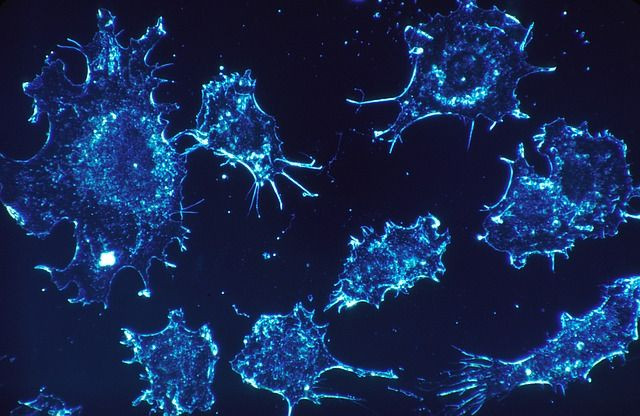Cancer Treatment: Scientists Find 'Off-Switch' For Aggressive Tumors

Scientists have identified an "off-switch" for aggressive tumor after a study based on the protein TMX1. Cancer tissue, which alters its metabolic behavior by repressing respiration, can accelerate growth of tumor cells making cancer difficult to treat.
The study published in the Journal of Cell Biology found that the reduction of the protein TMX1 can single-handedly aid the growth of tumors. In healthy cells, TMX1 is activated upon oxidative stress. However, tumor cells with low amounts of TMX1 are unable to boost their respiration and are resistant to cell death mechanisms, the study said. These kinds of cells grow much faster and result in aggressive types of cancers.
"Tumor tissue that is poor in TMX1 is expected to lead to more aggressive types of tumors," Thomas Simmen, senior author of the paper and an associate professor in the Department of Cell Biology, said. "Therefore, TMX1 is a biomarker for cancer progression: when it is high, more treatment options are available and the tumor is less aggressive. This allows chemotherapeutic drugs to activate the TMX1 switch and reduce tumor growth via oxidative stress. We will now investigate whether antioxidants could actually inactivate the TMX1 switch in cancer where this protein is still present, and would hence cause problems."
Simmen's laboratory is currently investigating at which stage TMX1 increases or decreases in tumor tissue and the reason behind the change.
The continuous study in this matter will help researchers use the TMX1 mechanism for new therapeutic approaches, which include blocking the protein's elimination in cases where it's low. This could also be used to trigger tumor tissue death in cases where it is found to be high.
For those patients who no longer have TMX1, further strategies need to be explored that can help in reviving the situation, Simmen added.



























